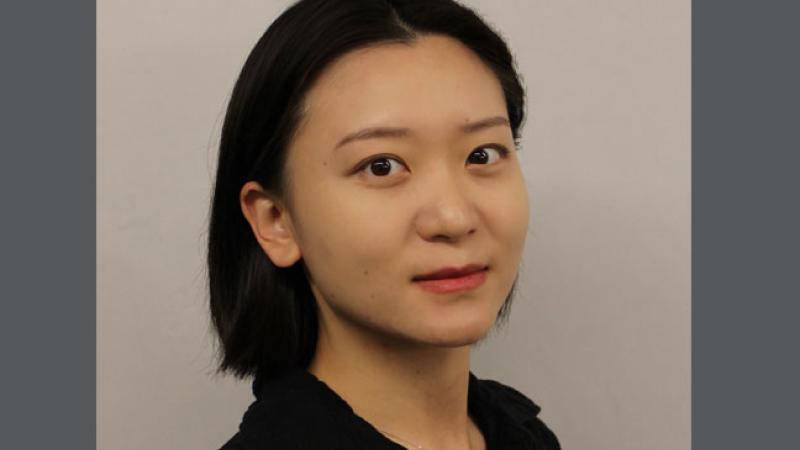May 8, 2023

Rensselaer Polytechnic Institute doctoral student Dongge Zhou, in the Lally School of Management, has received important and noteworthy recognition for her research.
Zhou’s paper, Heterogeneity in Perceptions of the Temporal Duration of External Events: Theory and Evidence From the COVID-19 Pandemic, co-authored with Shyam Kumar, professor in the Lally School, and Tailan Chi from the University of Wisconsin-Milwaukee, has been selected as one of the best papers to be published in the Proceedings of the 2023 Academy of Management Meeting.
“The Academy of Management is the leading conference for the management discipline worldwide,” said Kumar. “The paper was among the top 10% of the papers submitted to the Strategic Management Division, which is highly competitive. It is a significant achievement.”
Zhou and team used natural language processing to identify how firms varied in their perceptions of the COVID-19 pandemic, and whether they viewed it as a short-term or long-term event. They found that the majority of firms perceived the pandemic as long-term and maintained this perception over time. In contrast, some firms initially perceived it to be a short-term event and adjusted these perceptions as the pandemic unfolded.
The research draws attention to the fact that firms perceive external events and their temporal duration subjectively, and that time is not an objective construction as is assumed in many models.
“We concluded that temporal duration perceptions vary significantly and are influenced by the pre-existing routines and capabilities of a firm that deal with how time is enacted,” said Zhou. “The slack resources that a firm has available to process information and conduct time-related sense-making are also influencers.”
Zhou and team used natural language processing and group-based trajectory analysis to identify how firms varied in their perceptions of the temporal duration of the COVID-19 pandemic. They found that 87% of firms perceived the pandemic as long-term and maintained this perception over time. In contrast, the remaining 13% of firms initially perceived it to be a short-term event and adjusted these perceptions as the pandemic unfolded. Additionally, they found firms’ initial time horizons prior to the pandemic and their endowment of slack resources to be influential determinants of their temporal duration perceptions.
This research highlights the subjective nature of temporal duration, while underscoring the importance of temporal sense-making within firms.